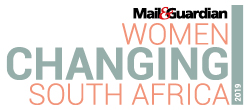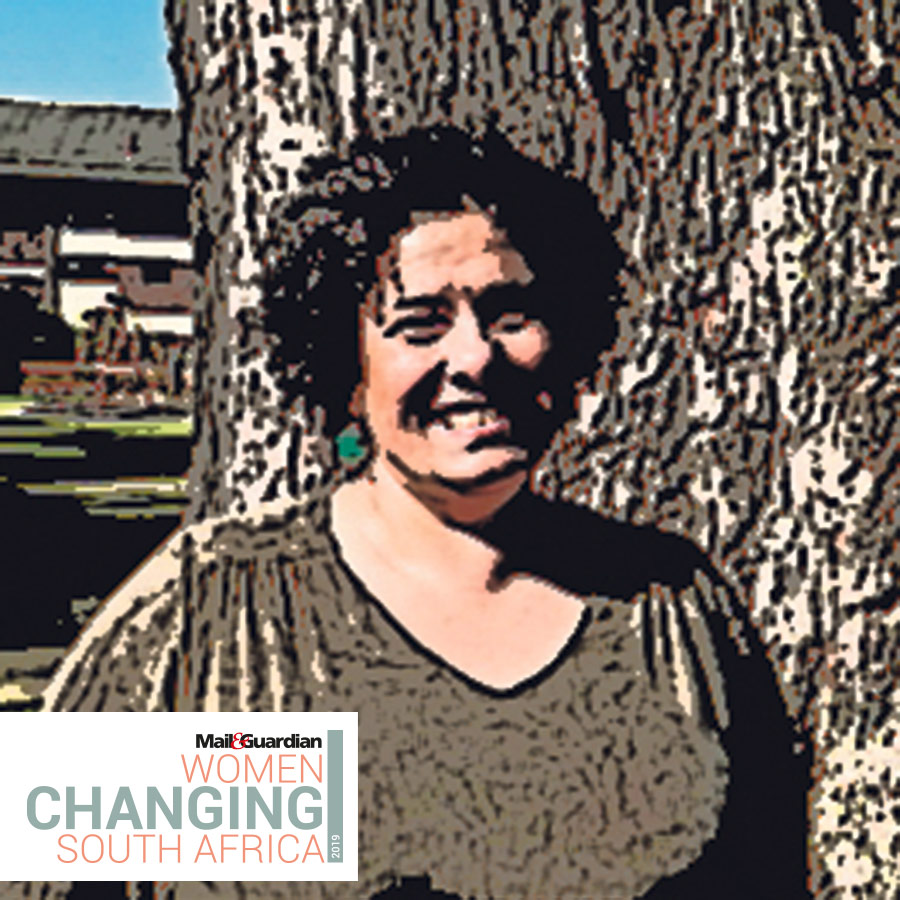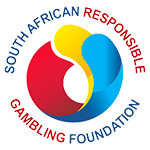| Facilitating Community Leadership Development — Project 90 by 2030 |
People in poor communities have very difficult lives; one can become overwhelmed and express needs in random ways … I want to help people to articulate their needs, using our democratic instruments.
Natalie Mc Askill, a lifelong community activist, was at first reluctant to be interviewed for this article, preferring to remain in the background, but was persuaded to as an opportunity to highlight the importance of collective action. She is facilitating community leadership development with Project 90 by 2030, a climate change and energy organisation, and is totally committed to the Cape Flats civic movement.
When she speaks about poor communities and socioeconomic issues on the Flats, it is not some theoretical concept for her. Mc Askill still lives in Grassy Park, where she grew up. She says the first step for people to express themselves is to understand what they need, and she sees herself as a bridge in elevating marginalised voices.
Her work at Project 90 by 2030 does exactly this by addressing the inherent gaps in energy planning in South Africa. The Energy-Smart Citizens in Action project aims to improve access to electricity by fostering dialogue and bridging the gap between civil society organisations, community leaders and local government.
The project works with communities to develop methods to engage with municipal officials about creating practical, sustainable, alternative energy solutions that people can really use.
The key challenge on the Cape Flat, with its reputation for drugs and gangsterism is of course poverty she explains, and this brings with it a whole host of additional challenges.
While the murder rate and illegal guns often make headlines, Mc Askill says people are quietly pouring much energy and resources into making their communities and neighbours’ lives better: “We are not aware of how many people are involved in holding each other’s hands.”
Neighbours who feed each other’s children and pensioners who open soup kitchens are some of the examples she gives of collective action and solidarity in the impoverished areas.
“It’s the struggle of ordinary people, and their courage gives me inspiration — it’s not an individual thing — the strength lies in the collective,” she adds.
— Tehillah Niselow


